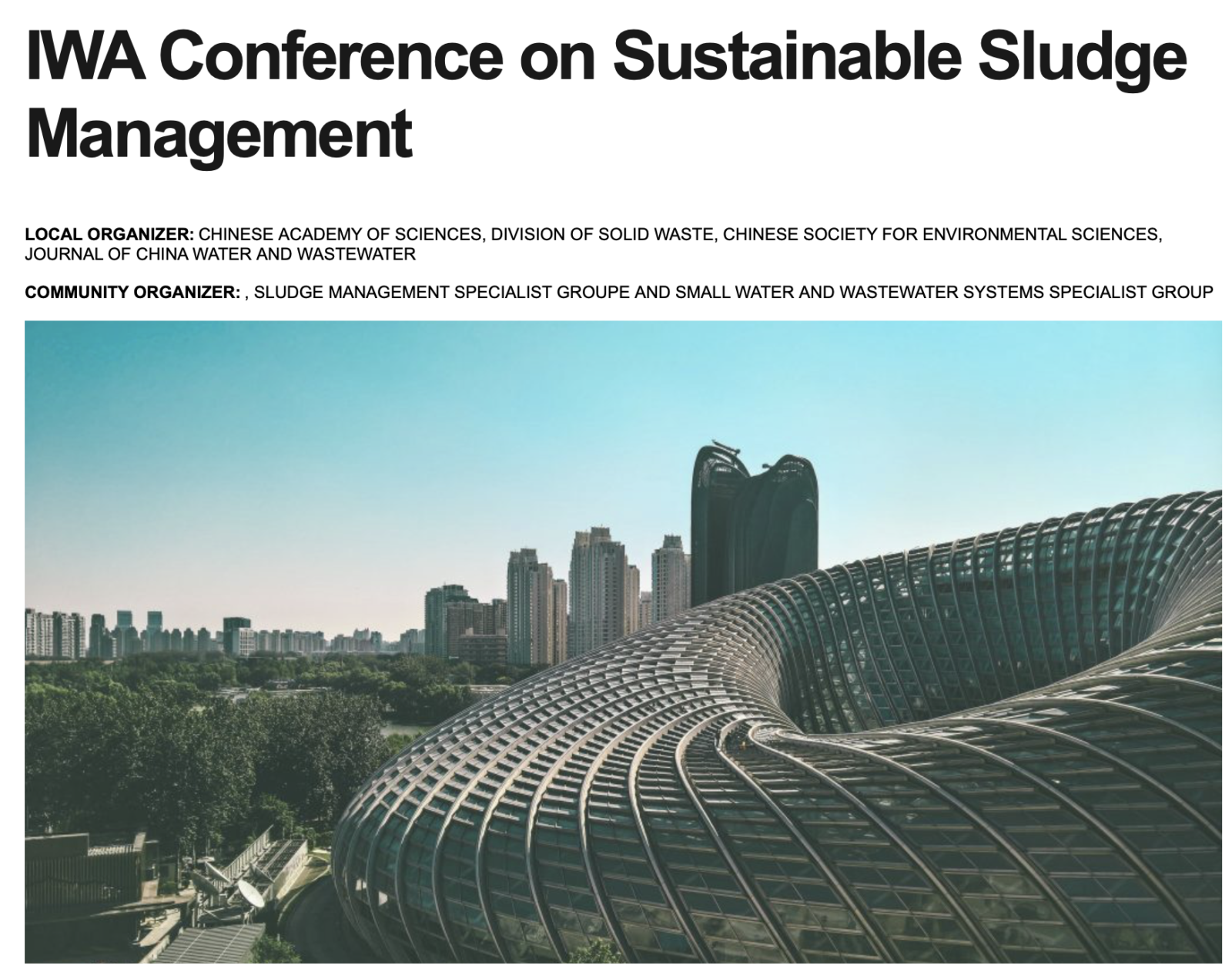
January 27 -30, 2020 Cox’s Bazar, Bangladesh
Time: Monday 27th, Tuesday 28th, and Thursday 30th of January 2020, three days of classroom training/workshop from 9:00am – 5:00pm (incl. lunch and two tea & coffee breaks).
Location: Arakan Conference Room, 1st Floor Ocean Paradise Hotel & Resort, 28-29 Hotel Motel Zone, Kolatoli Road, Cox’s Bazar, Bangladesh (Link)
Objectives
Objective: Trainees understand the selection criteria for a decentralised wastewater treatment plant system chain, as well as ;their limits and required adaptations to treat fecal sludge (FS); appropriate for the Rohingya Refugee camps, using participatory training methods.
Note: Engineering capacities cannot be provided in such short orientation training.
Target Group
Selection and inscription procedure: Invitation for the Workshop will be circulated in TWG network tweet, including to fill nomination form, where each CFA (Camp Focal Agency) could nominate 1 Person (maximum 12) + 5 persons from UN agencies (UNICEF, UNHCR, IOM,..) and 3 from DPHE offices (to consider Teknaf, Ukhia and CXB), 1 person from the Office of the Refugee Relief and Repatriation Commission (RRRC) in Cox’s Bazar, plus others from NGOs up to a maximum of 25 participants; only English speaking participants – no translation is provided.
Trainers
Heinz-Peter Mang, Energy and Thermal Conversion Engineer, expert for bioenergy and sanitation at UPM Umwelt-Projekt-Management GmbH (UPM, www.upm-cdm.eu), and since 2008 entitled as Guest-Professor and Foreign Expert for Sustainable Environmental Sanitation at the University of Science and Technology Beijing. He is working since energy 38 years in the field of sewage and faecal sludge treatment and biogas generation. His areas of expertise are biomass and biogas, ecological sanitation, nutrient loop concepts, and implementation design of biogas and sanitation programs. He was team leader or key expert during audit and monitoring periods of the National Domestic Biogas and Manure Programme of Bangladesh, National Biogas Programme Nepal, the Biogas Programmes in Burundi, Burkina Faso, Bolivia. Lesotho, and for the National Agro-Industrial Biogas Programme in China. For 12 years, he is consulting the introduction and capacity building for Decentralised Wastewater Treatment Systems (DEWATS) in DPR-Korea for the Ministry of Urban Management. Mang is a practitioner in design, engineering and construction of sanitation user, sewer and treatment interfaces, and in biogas and biomass plants of all sizes, At present, Mr. Mang is working as “waste-to-value” expert in the Technical Assistance UPM/USTB consultants team to the grantees of the Emergency Response Team from the Bill & Melinda Gates Foundation. Mr. Mang is also supervising – as key member of various expert teams, large-scale biogas power plant projects with Faecal Sludge and biowaste substrate for Burkina Faso, Sierra Leone, Jordan, Mali, and Bangladesh.
Marc Wauthelet, environmental engineer with 33 years of experience in wastewater treatment, solid waste management, and biogas technology. He has been conducting numerous overseas activities in the fields of wastewater treatment and waste valorisation: as Biomethanation project manager in Burundi and Morocco (1986-1998), 12 years as coordinator of international and European projects (including 4 European projects), consultancy for various development projects in Asia and Africa, developer of new technologies and projects in Belgium and abroad (anaerobic filter system, planted filter, dry digester). He participated as international team member in field missions to identify innovative solutions for Refuges Camps in Lebanon on behalf of the Bill & Melinda Gates Foundation. He is co-editor of a Curriculum on Low-Cost Wastewater Treatment, developed 2008 with experts from Belgium, China, Denmark and Vietnam. Mr. Wauthelet is director of Epuval http://www.epuval.com/, a Belgium non-profit organisation. During the last 3 years, the non-profit organization has mainly supervised the construction of 40 wastewater treatment wetlands (Planted filter beds, sand filters, lagoons, and constructed wetlands, with respective pre-treatment systems), and trained wastewater purification and management capacities in Belgium and Morocco, carried out biomass potentialities assessments in 2 major regions of Morocco.
Roman Ryndin, is holding a Master in Environmental Engineering from the University of Science and Technology Beijing (USTB). He worked as Biogas Research Assistant in Samoa from 2016 to 2017 with the Centre for Sustainable and Environmental Sanitation (CSES-USTB) and Samoa’s Ministry for Natural Resource and Environment; and in Bangladesh from 2017 to 2018 with CSES-USTB and the Bangladesh Agricultural University (BAU). He joined UPM Umwelt-Project-Management GmbH (UPM) in 2018 as Project Coordinator in Bangladesh for the Technical Assistance assignment provided to grantees of the Emergency Response team of Bill & Melinda Gates Foundation in Cox’s Bazar and Bhola.
Method-blended Approach
- Three full day’s workshop-style lectures combined with applied-game group work.
- One day site-visit in the camps, focused on technology discussions, updates, and evaluations by invitation of participating organisations. Transport logistic and site selection has to be provided by requesting partners.
- Training will be documented to establish a Memo-Manual for participants and trainers and for further Training of Trainers (ToTs).
- Handouts and presentations will be provided on USB memory sticks.
Note:
This training workshop is one of a series of training workshops organized by Save the Children and UPM, under WPQ6 – Technical Assistance for Sanitation/Fecal Sludge (FS) Management/Rohingya Refugees’ Crisis in Bangladesh, sponsored by Bill & Melinda Gates Foundation.
What’s New



